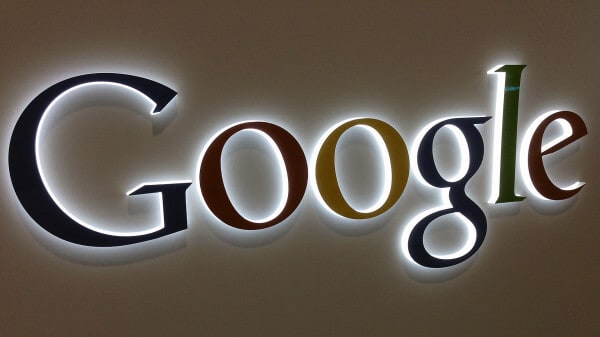

Tech giant Google recently made a deal with Chinese OEM Huawei to allow the latter to use its Android Messenger app on its smartphones, and United States lawmakers want to know the specifics of the deal. The scrutiny comes amid a pitched trade war between the US and China, which caught Chinese tech firms in the crossfire. ZTE and Huawei are both under fire as possible threats to national security for their own reasons, with Huawei’s being that its cellular equipment and consumer devices could be used by the Chinese government for spying on the American people, a possibility that Huawei vehemently denies.
Lawmakers worry that Google’s deal with Huawei will make it easier for the Chinese firm to spy on US citizens, or that Huawei will gain access to data that it otherwise would not have. The deal is meant to simply allow Huawei access to Google’s Android Messages app in order to upgrade its phones’ texting capabilities from the dated SMS standard to the faster, more network-friendly and more advanced RCS standard, an upgrade that Google has been pushing to make universal across the Android sphere for quite some time. It is worth mentioning that Huawei already has a large presence in the US cellular telecom equipment market. Republican Senators Tom Cotton of Arkansas, Mike Conaway of Texas and Robert Pittenger of North Carolina will be the main US lawmakers in charge of the investigation.
Despite the arguably low security risk in this deal, lawmakers are pushing hard to reduce Huawei’s presence in the United States, and may well work hard to make Google drop the OEM from the mass adoption tactic it’s been pushing for the new messaging standard. Huawei recently declined to renew a US government contract that it had been working on, which could also be playing a part in lawmakers’ decision to scrutinize the two companies’ relationship. The pressure on Huawei and its partners is not entirely dissimilar to that seen in the case of ZTE, another Chinese tech company who sells some of its smartphones in the United States. Unlike Huawei, ZTE does not have a large presence in the telecom equipment market, and the company currently faces punishments from US authorities for violating a sanction preventing certain types of business with Iran. As such, Huawei is likely to be held to much lighter scrutiny than ZTE as the trade war and the resulting hostility in the international tech sphere continue to play out.